Don’t write off Ukrainian iron ore miner Ferrexpo just yet
UK-listed Ukrainian iron-ore miner Ferrexpo has had its operations severely disrupted by Russia’s invasion. But, says Rupert Hargreaves, it’s brilliant business that’s worth keeping an eye on.

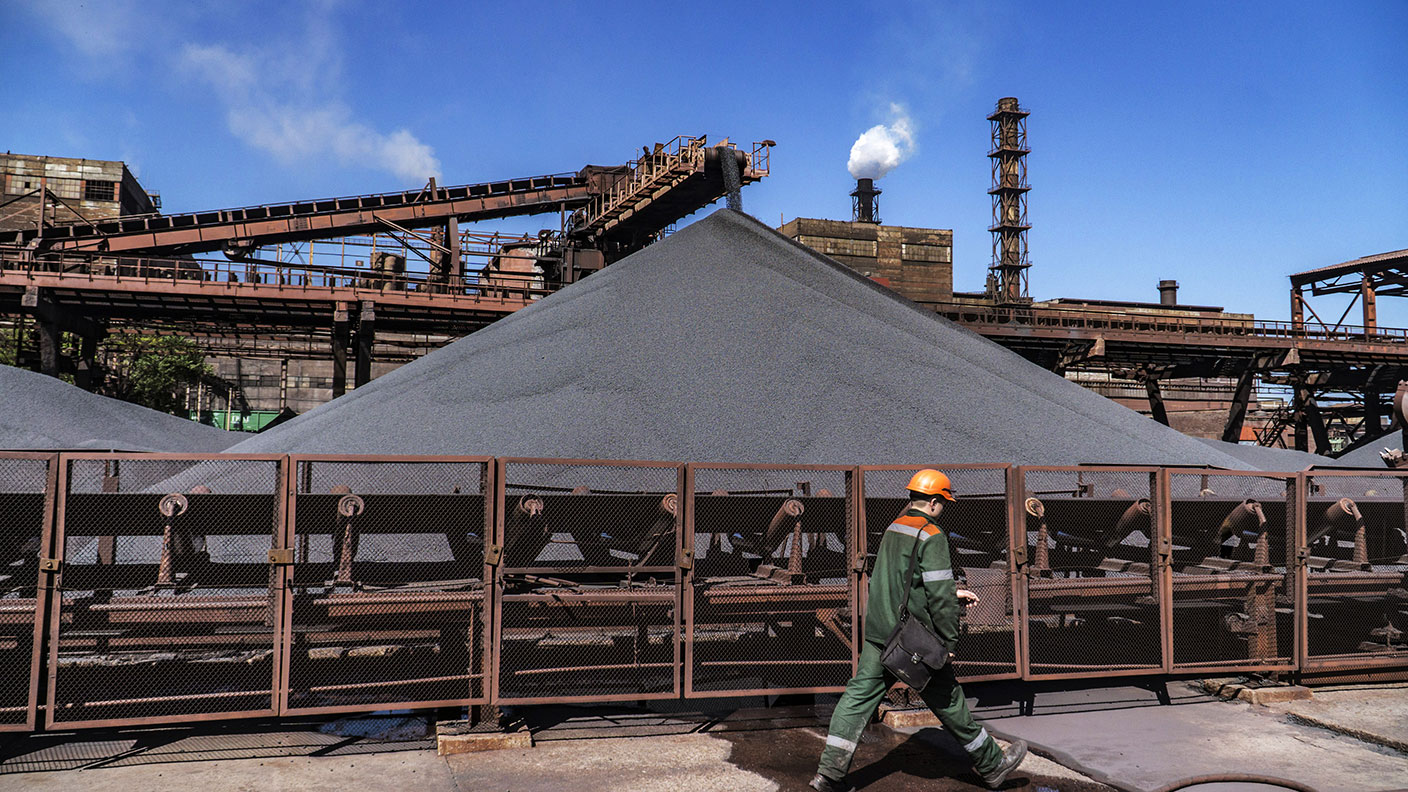
Get the latest financial news, insights and expert analysis from our award-winning MoneyWeek team, to help you understand what really matters when it comes to your finances.
You are now subscribed
Your newsletter sign-up was successful
Want to add more newsletters?

Twice daily
MoneyWeek
Get the latest financial news, insights and expert analysis from our award-winning MoneyWeek team, to help you understand what really matters when it comes to your finances.

Four times a week
Look After My Bills
Sign up to our free money-saving newsletter, filled with the latest news and expert advice to help you find the best tips and deals for managing your bills. Start saving today!
Mining can be a tough industry, which is why I tend to avoid the sector as an investor.
However, there are a couple of exceptions. The largest operators tend to have unrivalled economies of scale, helping them to cope with the cyclical and unpredictable nature of commodity markets.
Operators that have access to a unique geological phenomenon also tend to have an advantage. For example, a gold miner that stumbles across an easily-accessed, high quality gold seam, may have a cost advantage over the rest of the industry.
MoneyWeek
Subscribe to MoneyWeek today and get your first six magazine issues absolutely FREE

Sign up to Money Morning
Don't miss the latest investment and personal finances news, market analysis, plus money-saving tips with our free twice-daily newsletter
Don't miss the latest investment and personal finances news, market analysis, plus money-saving tips with our free twice-daily newsletter
Ukrainian iron ore producer Ferrexpo (LSE: FXPO) sits somewhere in the middle.
Ferrexpo’s competitive advantages stand out
Ferrexpo focuses on producing high-quality iron ore, which commands a premium price. It also has low operating costs and a strong balance sheet. Moreover, by shipping ore straight to Europe by rail, it avoids paying a fortune for shipping.
Last year, its earnings before interest, tax, depreciation and amortisation (ebitda) margin came in at 56%. This compares with the world’s largest iron ore miner Rio Tinto (LSE:RIO), which reported a margin of 59%.
Ferrexpo’s edge is its focus on high-grade ore pellets. These pellets have an iron ore content of 65% or more. High-grade iron ore prices averaged $186 per tonne in 2021 compared to $160 per tonne for pellets with a 62% iron content. Last year, the average price of lower-quality ore from Rio’s Pilbara operations averaged $143.8.
This focus on quality is a competitive edge. Higher-quality blast furnace pellets help steel producers reduce emissions by around 40% compared to lower-quality products, suggesting demand for this resource will only increase as the focus on environmental targets grows.
This is a brilliant business. Unfortunately, there is a big elephant in the room.
Ukraine has been at war in one way or another since 2014, and the region has been virtually uninvestable for all but the most adventurous investors since then. And as the situation has deteriorated further recently, even these investors have understandably started to flee.
Still, there might be an opportunity here for investors if or when the situation calms down.
Despite disruption, the company’s iron ore deposits are not going anywhere
I don’t think it is sensible to spend too much time dwelling on the company’s past sales and profit figures or future projections. These are not relevant to the current situation, and may only confuse investors.
Nevertheless, I think it is worth noting that at the end of 2021, the group had a net cash position of $117m, enough to keep it afloat for the foreseeable future.
Ferrexpo’s main competitive advantage, namely its high-quality iron ore deposits, are not going anywhere. While its operations are currently experiencing severe disruption, and selling iron ore on the open market is proving challenging as its access to a key Black Sea port is blocked, these issues may not last forever. The miner is still producing ore, and it continues to sell to markets in Europe where it can.
So, while I wouldn’t want any exposure to the company right now, I plan to keep a close eye on this firm – there could be an opportunity in future.
Get the latest financial news, insights and expert analysis from our award-winning MoneyWeek team, to help you understand what really matters when it comes to your finances.

Rupert is the former deputy digital editor of MoneyWeek. He's an active investor and has always been fascinated by the world of business and investing. His style has been heavily influenced by US investors Warren Buffett and Philip Carret. He is always looking for high-quality growth opportunities trading at a reasonable price, preferring cash generative businesses with strong balance sheets over blue-sky growth stocks.
Rupert has written for many UK and international publications including the Motley Fool, Gurufocus and ValueWalk, aimed at a range of readers; from the first timers to experienced high-net-worth individuals. Rupert has also founded and managed several businesses, including the New York-based hedge fund newsletter, Hidden Value Stocks. He has written over 20 ebooks and appeared as an expert commentator on the BBC World Service.
-
 Early signs of the AI apocalypse?
Early signs of the AI apocalypse?Uncertainty is rife as investors question what the impact of AI will be.
-
 Reach for the stars to boost Britain's space industry
Reach for the stars to boost Britain's space industryopinion We can’t afford to neglect Britain's space industry. Unfortunately, the government is taking completely the wrong approach, says Matthew Lynn
-
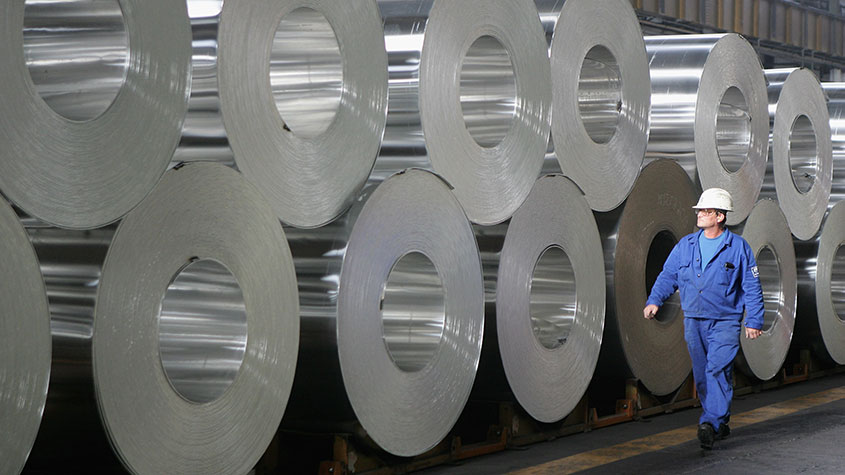 These 2 stocks are set to soar
These 2 stocks are set to soarTips The returns from these two aluminium and tin stocks could be spectacular when the commodity cycle turns says David J Stevenson.
-
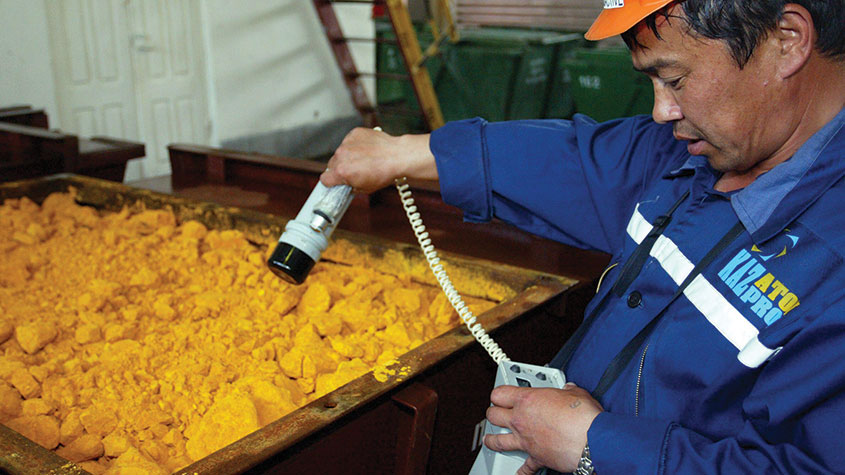 The best ways to buy strategic metals
The best ways to buy strategic metalsTips Weaker prices for strategic metals in the alternative-energy sector are an investment opportunity, says David Stevenson. Here, he picks some of the best ways to buy in.
-
 A lesson for investors from a ill-fated silver mine
A lesson for investors from a ill-fated silver mineAnalysis Mining methods may have changed since the industry’s early days, but the business hasn’t – digging ore from the ground and selling it at a profit. The trouble is, says Dominic Frisby, the scams haven't changed either.
-
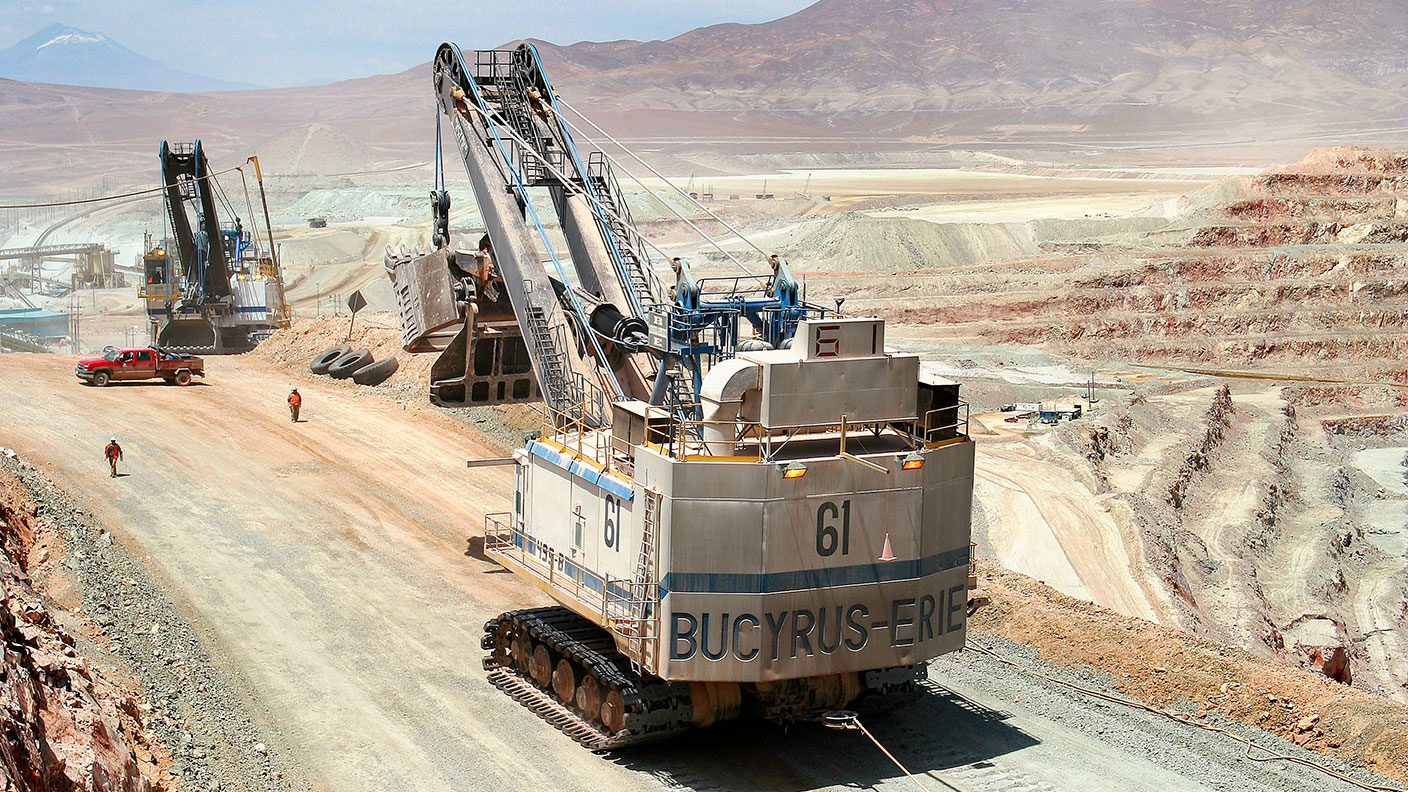 The natural resources industry is in a tight spot – which is bad news for the rest of us
The natural resources industry is in a tight spot – which is bad news for the rest of usOpinion The natural resources industry is in a bind. We need it to produce more energy and metals, but it has been starved of investment, plagued by supply chain issues, and hobbled by red tape. That’s bad news for everyone, says Dominic Frisby.
-
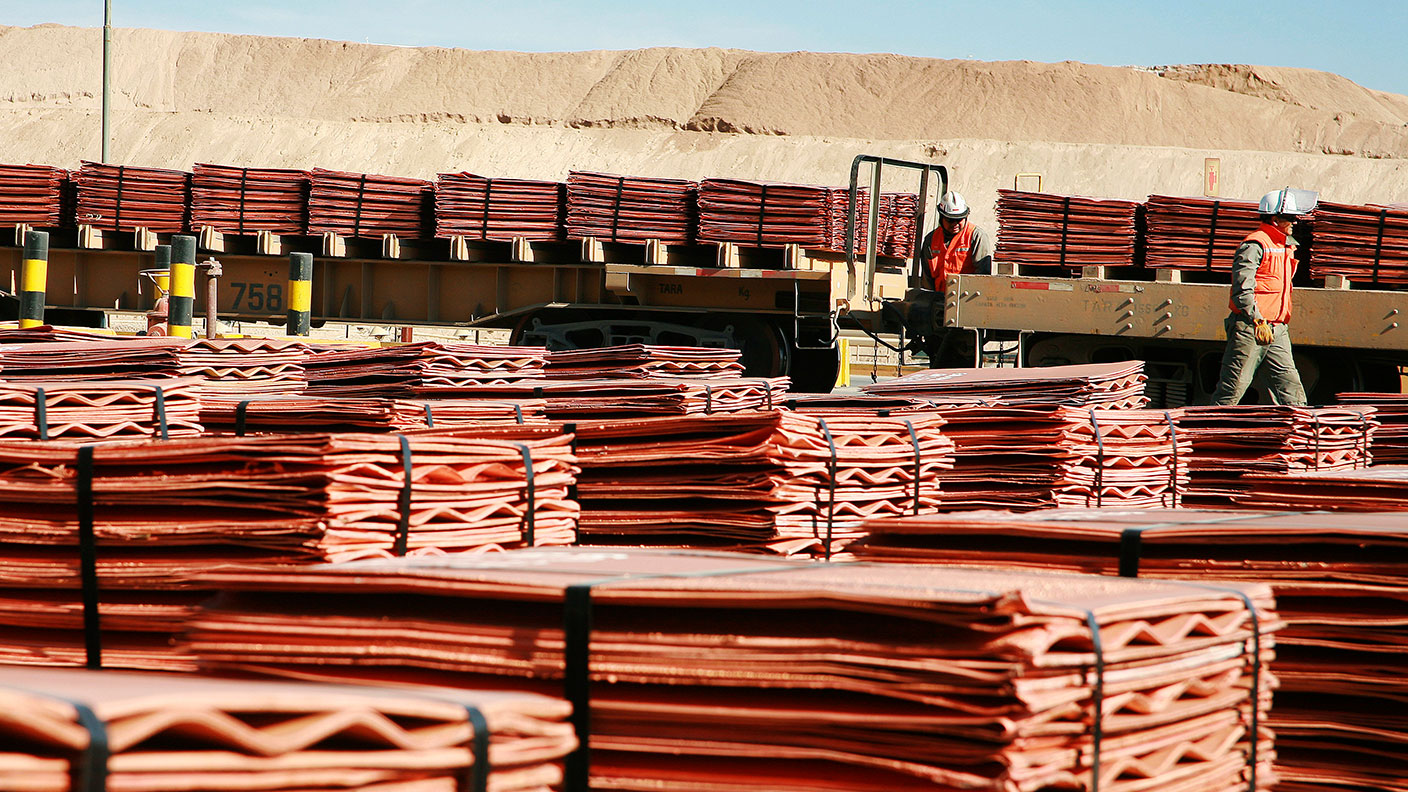 How to invest in the copper boom
How to invest in the copper boomTips The price of copper has slipped recently. But that’s temporary – the long-term outlook is very bullish, says Dominic Frisby. Here, he explains the best ways to invest in copper.
-
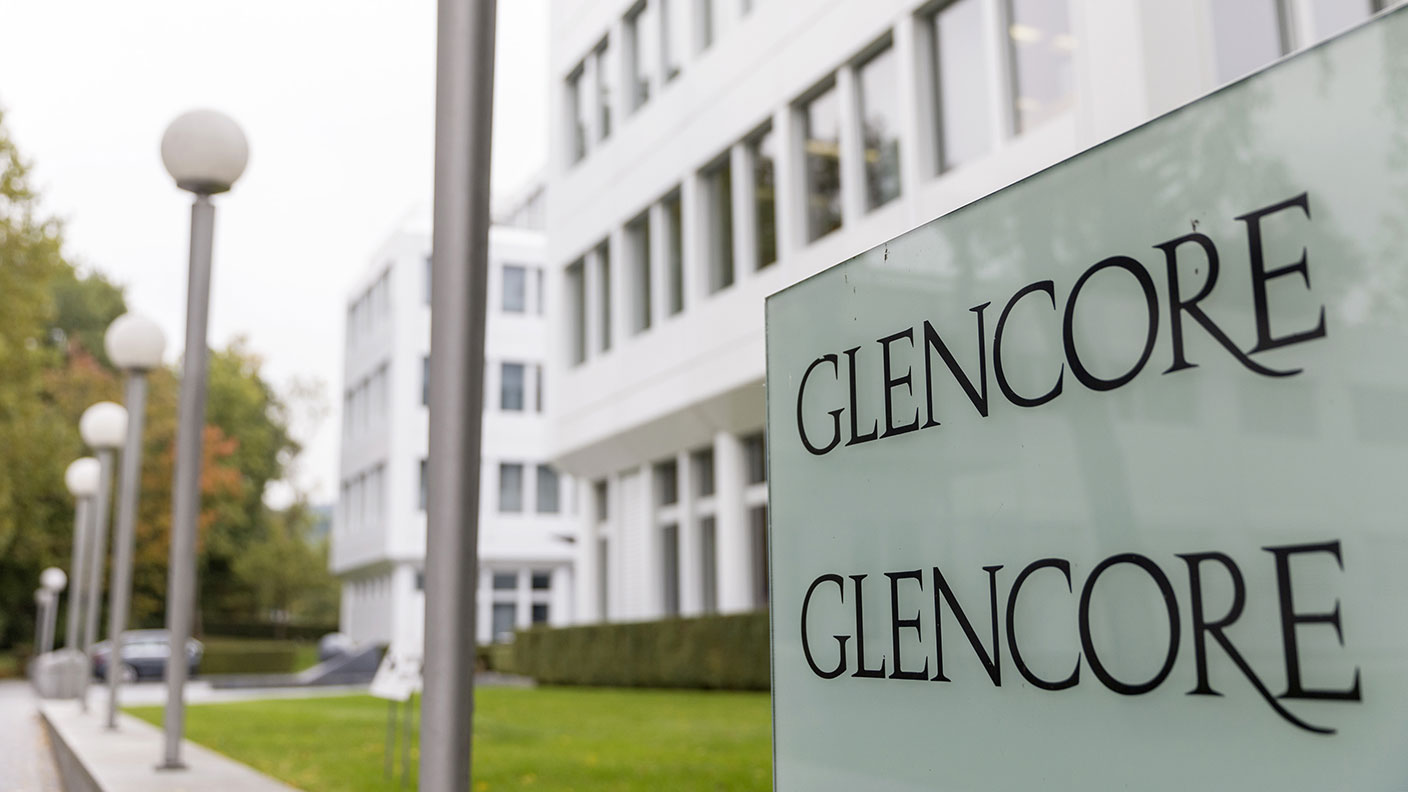 Why investors should consider adding Glencore to their portfolios
Why investors should consider adding Glencore to their portfoliosTips Commodities giant Glencore is well placed to capitalise on rising commodity prices and supply chain disruption, says Rupert Hargreaves. Here’s why you should consider buying Glencore shares.
-
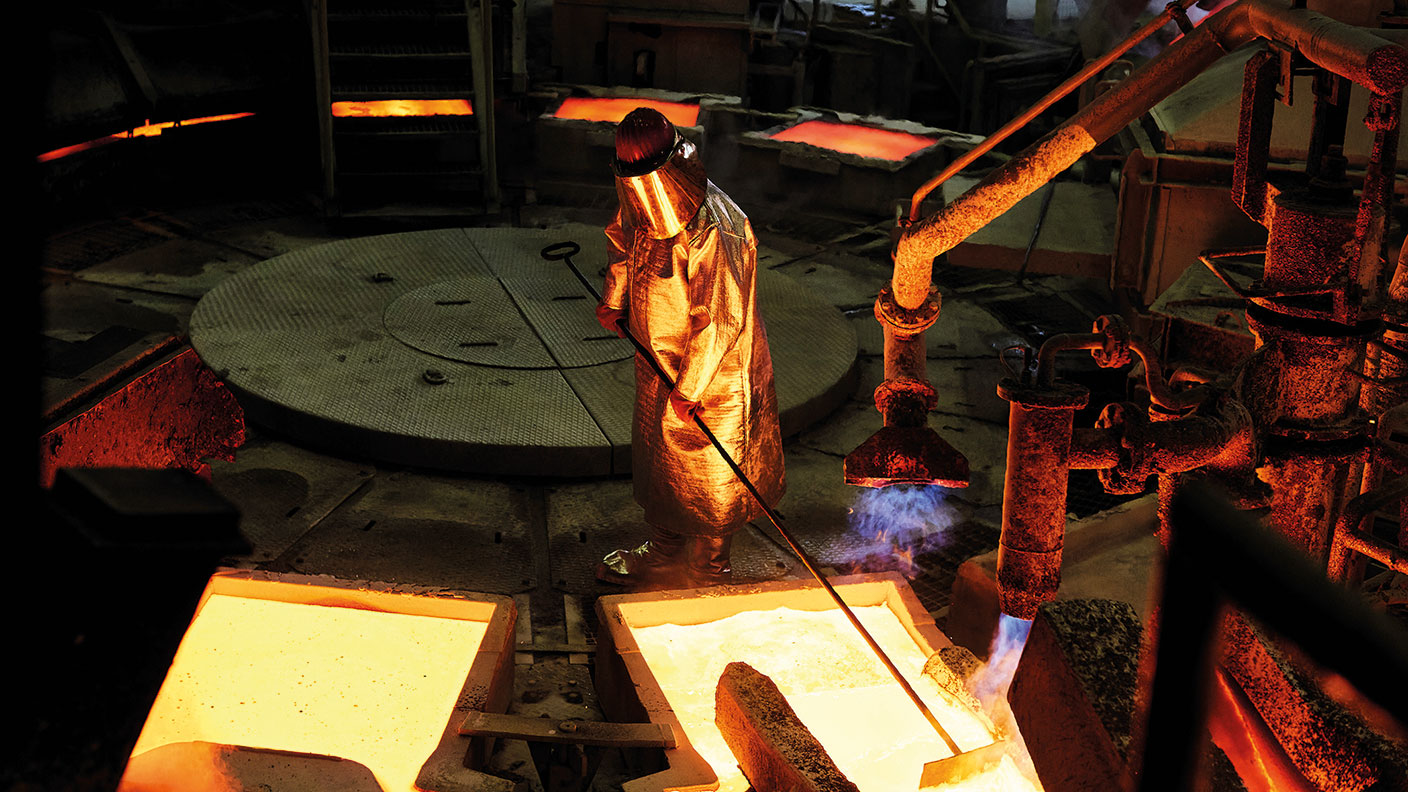 How to invest in the multi-decade boom in industrial metals
How to invest in the multi-decade boom in industrial metalsTips The price of key industrial metals has already begun to rise. The renewable energy transition will take them higher, says David Stevenson. Here's how to profit.
-
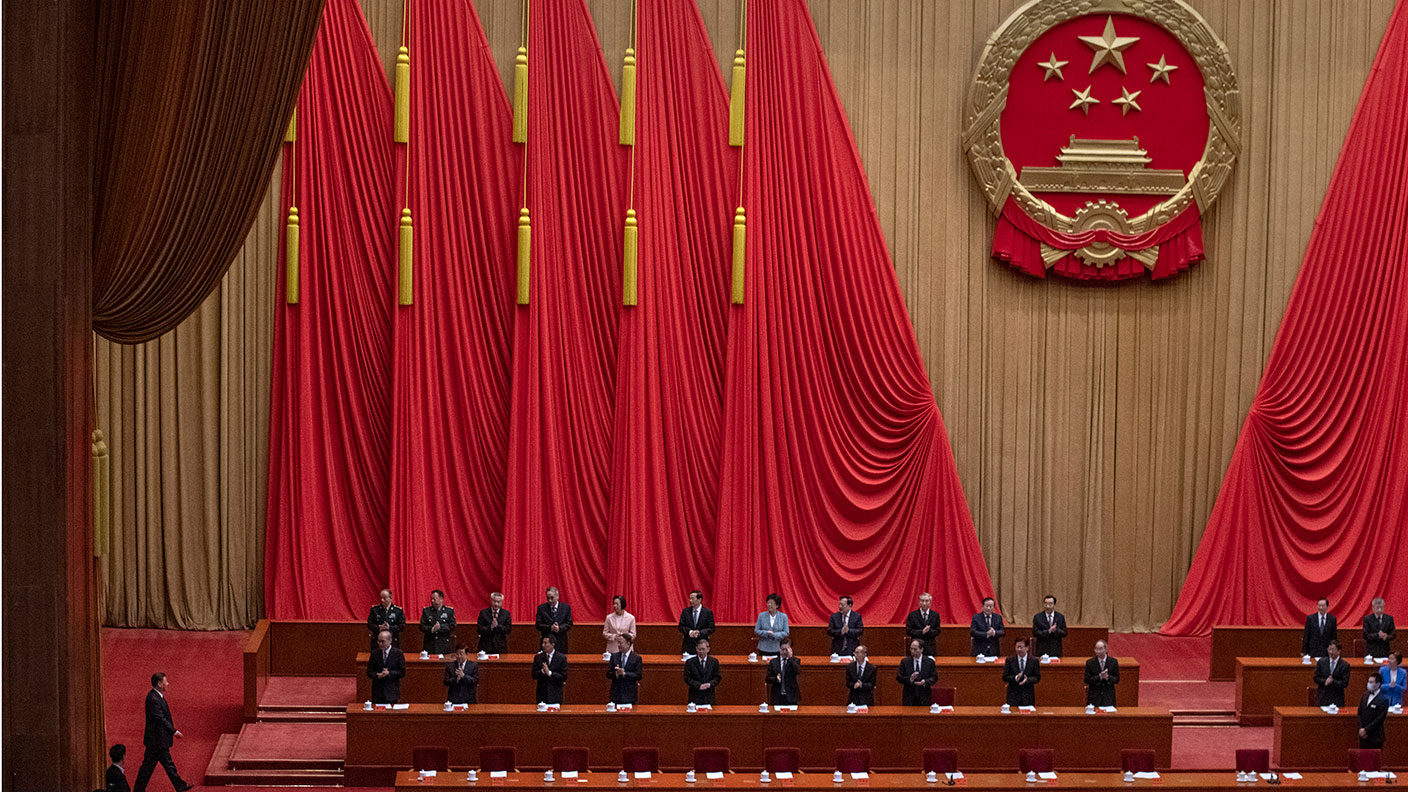 Avoid China’s stockmarket – here’s what to invest in instead
Avoid China’s stockmarket – here’s what to invest in insteadOpinion China’s stockmarket is not a good place for investors to be. But you can't just ignore the world's second-largest economy, says Dominic Frisby. Here, he picks an alternative China play.